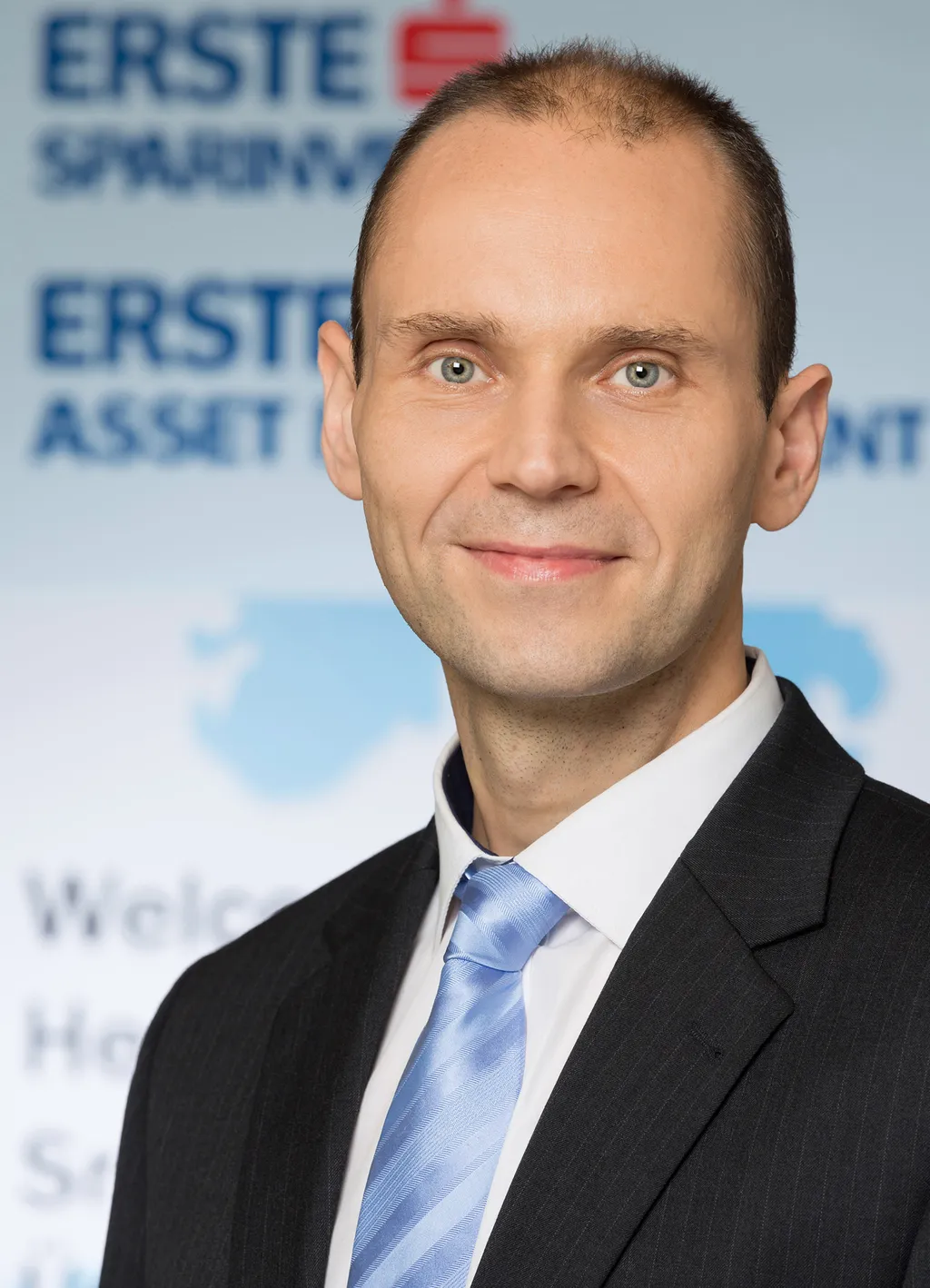- Facebook downgraded to hold for sustainable funds by Erste Asset Management
- Big Data as biggest challenge from the perspective of data protection
- Only securities that comply with strict criteria of sustainability, social soundness, and environmental safety are eligible for ESG portfolio
The controversy about the data analysis company Cambridge Analytica, which had gained illegal access to the data of 80 million users, has so far had minor consequences for Facebook. CEO Mark Zuckerberg had to appear before the US Senate and the European Parliament and answer critical questions. In Senate, he benefited from badly informed interrogators, and at the European Parliament he even left early.
Facebook downgraded to hold
Zuckerberg’s defensive stance – his lack of transparency about the way Facebook processes data and his defiance of political control – constitutes a substantial risk from an ESG perspective (environmental, social, and governance). Why is that a problem?
The business model of Facebook does not only consist of its users but is also based on the shadow profiles that Facebook maintains for other people. Whether this model can be upheld under strict(er) EU laws is unclear. “This is a significant reason for us to downgrade Facebook to hold and to refrain from further investments for the time being. Only securities that comply with strict criteria of sustainability, social soundness, and environmental safety are eligible for our portfolio,” explains Alexander Osojnik, Senior ESG Analyst with Erste Asset Management in Vienna.

Big Data: helpful in the event of a crisis, or total surveillance?
The magic word currently is Big Data; it describes technologies used for analysing large volumes of data. Thanks to mass data some companies sometimes know more about their users than their partners or close friends. “Knowing that someone has a dog and sending them dog food adverts is not necessarily objectionable,” says Osojnik. “But only few people are aware of the consequences of the ongoing development of digital data. The erroneous data interpretation by authorities – for example in combination with someone’s political stance or their origin – could be enough for a travel ban, in a worst-case scenario.”
Of course, Big Data does not only have downsides. The use of mass data can serve society as well. In Cape Town, citizens can track their water consumption and the required savings in their neighbourhood online. This has helped defuse the water crisis that area has been going on for years.
Resources for example in the industrial sector or in agriculture can be utilised much more efficiently on the basis of certain algorithms. “If, however, data are not publicly accessible, the market concentration rises, smaller competitors are ousted, and the barriers to entry are heightened for competitors,” as Osojnik points out.
There is a lack of best-practice solutions in how to handle the collected data. “As sustainable investor, we advocate a clearly outlined responsibility when it comes to a more conscientious handling of personal data.”
INFO:
The sustainable RESPONSIBLE funds of Erste Asset Management are subject to strict rules regarding the environmental policies, corporate governance and general corporate social responsibility of the companies in which they invest.
ESG BLOG:
Our new ESGenius-Letter focuses on data protection and big data across all its complexity:
Disclaimer
This document is an advertisement. Please refer to the prospectus of the UCITS or to the Information for Investors pursuant to Art 21 AIFMG of the alternative investment fund and the Key Information Document before making any final investment decisions. Unless indicated otherwise, source: Erste Asset Management GmbH. Our languages of communication are German and English.
The prospectus for UCITS (including any amendments) is published in accordance with the provisions of the InvFG 2011 in the currently amended version. Information for Investors pursuant to Art 21 AIFMG is prepared for the alternative investment funds (AIF) administered by Erste Asset Management GmbH pursuant to the provisions of the AIFMG in connection with the InvFG 2011. The fund prospectus, Information for Investors pursuant to Art 21 AIFMG, and the Key Information Document can be viewed in their latest versions at the website www.erste-am.com within the section mandatory publications or obtained in their latest versions free of charge from the domicile of the management company and the domicile of the custodian bank. The exact date of the most recent publication of the fund prospectus, the languages in which the Key Information Document is available, and any additional locations where the documents can be obtained can be viewed on the website www.erste-am.com. A summary of investor rights is available in German and English on the website www.erste-am.com/investor-rights as well as at the domicile of the management company.
The management company can decide to revoke the arrangements it has made for the distribution of unit certificates abroad, taking into account the regulatory requirements.
Detailed information on the risks potentially associated with the investment can be found in the fund prospectus or Information for investors pursuant to Art 21 AIFMG of the respective fund. If the fund currency is a currency other than the investor's home currency, changes in the corresponding exchange rate may have a positive or negative impact on the value of his investment and the amount of the costs incurred in the fund - converted into his home currency.
Our analyses and conclusions are general in nature and do not take into account the individual needs of our investors in terms of earnings, taxation, and risk appetite. Past performance is not a reliable indicator of the future performance of a fund.